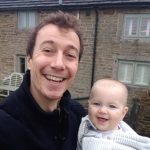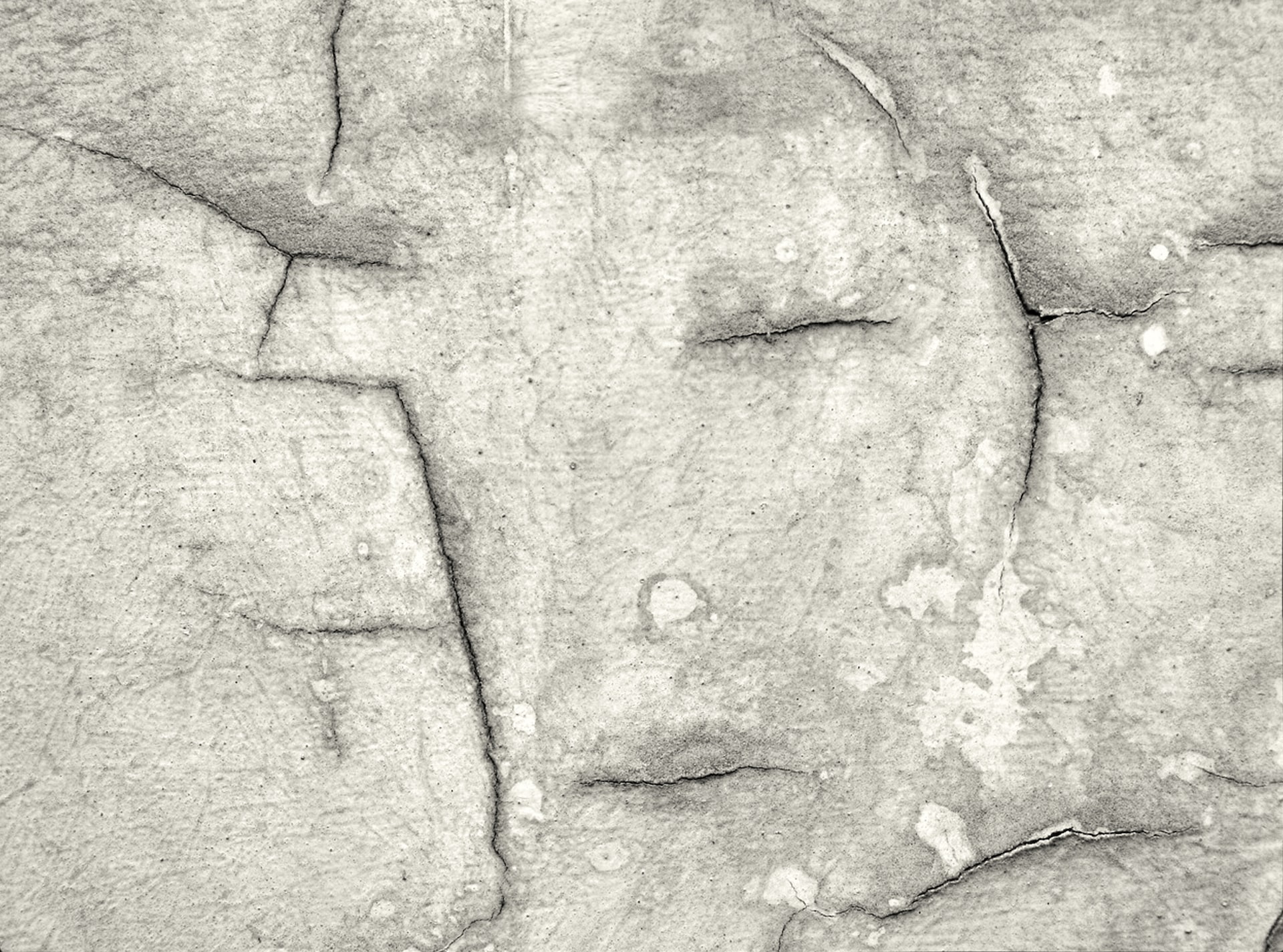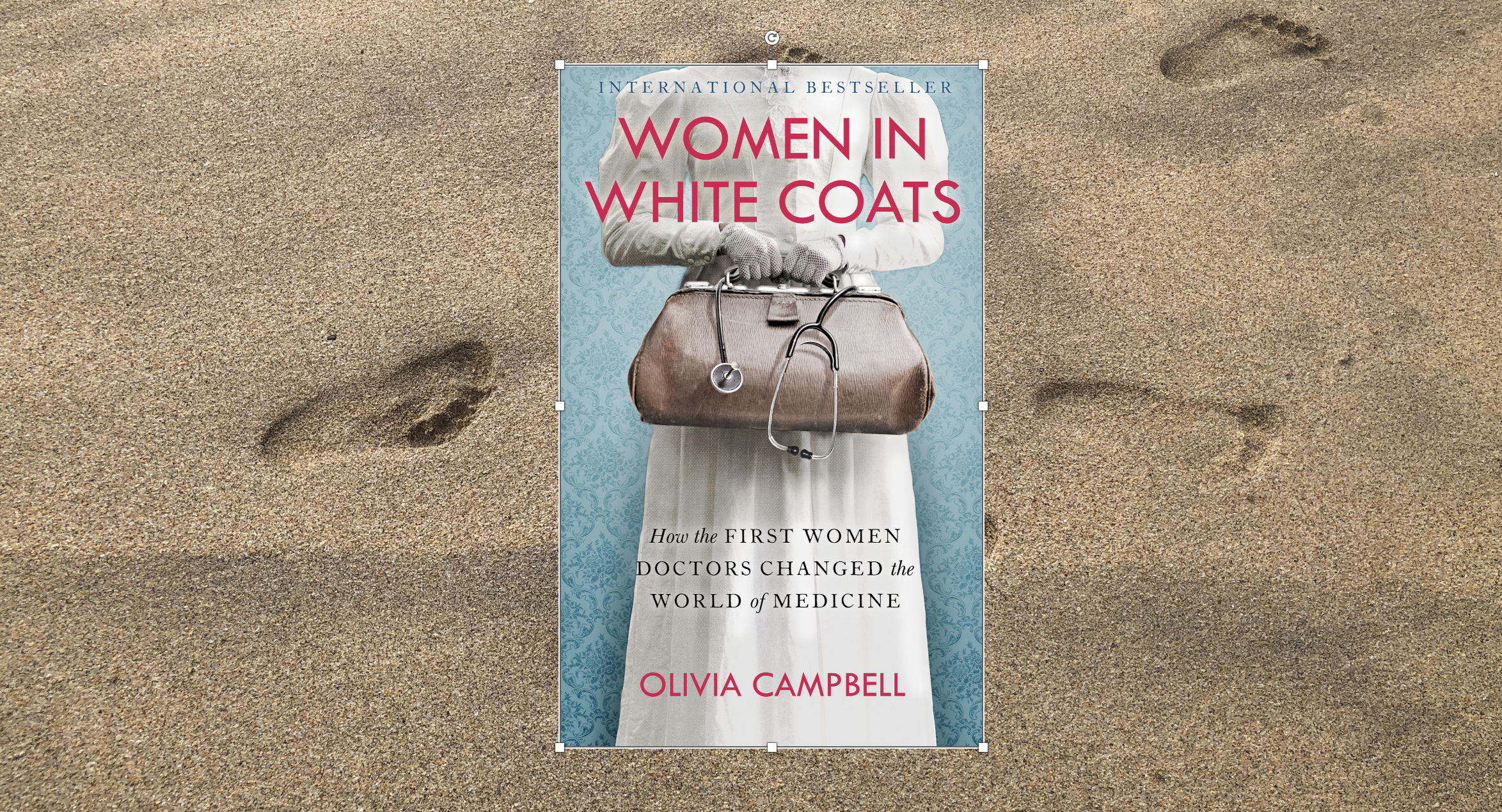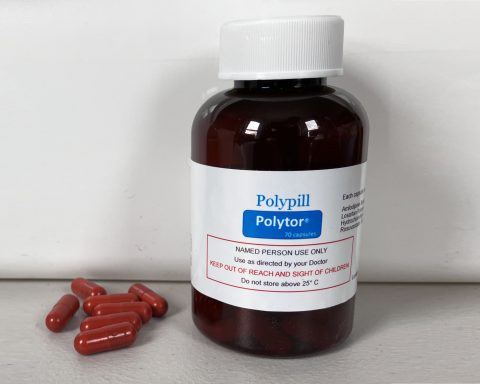
What does it mean to be ill? When does illness become disease? Does this matter?
As a GP, I have ‘diagnosed’ many patients with many diseases. In my early years of practice, I thought the very act of named diagnosis was a victory. Problem solved; it was elementary, my dear Watson. No … no need to thank me!
As time has progressed and I have developed a more intimate understanding of the lives of the patients we serve, I have grown to realise that this semantic box does not in itself contain the cure, and sometimes, can contain quite the opposite.
We live our lives informed by distant memories of the past and hopes for the future, by function and impairment, by fear and joy. The landscape of our lives is complicated. This is where the skill of expert generalism can flourish. We can see when a patient is ill because we know that patient, in the similar-but-different way from which the patient knows themselves, and because we listen to them.
We let their words (and sometimes their silence) occupy that space in our minds that also contains the stories of all the other patients we have known, cared for, laughed with, and occasionally lost. There is truth to be found here; truth about health and truth about illness. This is not the ‘expert opinion’ that is found lingering at the bottom of the traditional evidence hierarchy, this is something approaching wisdom.
“The landscape of our lives is complicated. This is where the skill of expert generalism can flourish.”
There is also truth on the other side of the gate, to be found in facts, or our closest approximation of them, and clean-edged disease diagnosis informed by these facts. Knowledge has grown from empirical evidence built over years of research, drained of human bias, and sharpened with the strength of numbers. This knowledge can be organised into useful diagnostic pathways and criteria. This is a vital tool if used correctly; it can alleviate suffering and can save lives.
Unfortunately, we cross this gate too often in general practice. This is despite knowing evidentially the harm that overdiagnosis can cause our patients, and intuitively that the oversimplification of human experience to a diagnostic category does a disservice to the complexity of human suffering.
Diagnostic overshadowing can cast a long shadow over the rest of a patient’s life. Fortunately, there are existing consultation models that help us to treat patients safely without opening the gate to disease modelling.
The School for Advancing Generalist Expertise (SAGE) consultation model1 is one such tool; it offers a blueprint for the synthesis of patient experience and professional knowledge, which, when viewed through the right lens, provides a personalised explanation of illness for each individual. It suggests that we assess the success of our care, not by reviewing against the literature, but with the patient themselves. Approaches such as this can help us refocus our attention onto ‘what is wrong and what needs doing’ rather than what can be described and what can be prescribed.
So, my message for all general practice is this: Have faith in our ability to manage undefined illness to the betterment of our patients’ lives, harness the tools that enable us to do this, and mind the gate.
References
1. Reeve J. Supporting expert generalist practice: the SAGE consultation model. Br J Gen Pract 2015; DOI: https://doi.org/10.3399/bjgp15X684613.
Featured photo by Dave McDermott on Unsplash.








